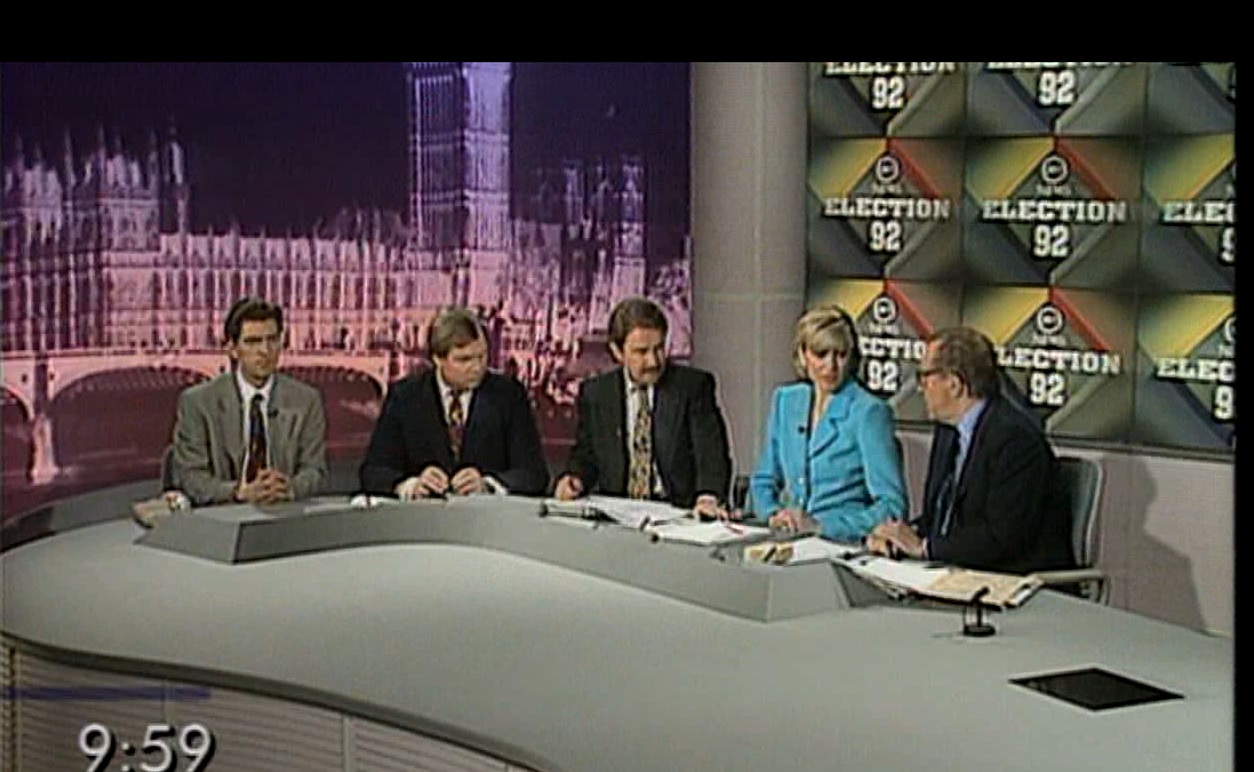
This article by Polis Intern Terrine Friday is a response to the Polis Media Agenda Talk on media in the Middle East. These are every Tuesday this month.
You may have already seen the now-famous photographs from Reuters where the words “Twitter and “Facebook” are emblazoned in Middle Eastern public spaces, a perfect symbol of the uprisings’ attribution to new media. The images sum up how the call to action which later became the Arab spring was interpreted by international media: a revolution promulgated by social media.
We like binaries in the West. They’re clean and pretty, not to mention it’s easier to digest information when presented in neat packages: nature/culture, private/public, individualism/pluralism, media/new media. Grey areas are too complicated because then you would need to start using anti-definitions to describe exactly what’s in there, and nobody wants to be the party-pooper.
So, we are in an age where we like to mediate everything with “social” and “new” while easing emphasis on socio- and geopolitical context. In this way, it was easier to imagine the Arab spring as being mediated by new technologies instead of as a political paradigm shift.
Faisal Abbas, senior Middle East correspondent for the International Resource Journal, said the uprisings across the Middle East and northern Africa was not a rescue narrative where Twitter was the saving grace for an oppressed people. The social media impact in the Middle East was, and continues to be, much wider than the Arab spring—kind of like here in the West. In other words the Arab spring was not a Twitter revolution, it was an information revolution.
Abbas said the introduction of satellite and broadband into the Middle East more than 10 years ago meant the inclusion of spectators into political action. This means state-owned media is losing its relevance and propaganda losing its value as distance becomes compressed and technology is increasingly revolutionized. This does not seem to be specific to Arab countries but rather a general statement about democratized media.
There’s this emphasis on difference in international reporting because it makes the world easier to empathically understand when put into terms such as “us” versus “them.” But in an age of globalization and transnational cooperation, black/white binaries no longer help to explain social paradigms as the grey area becomes increasingly relevant.
This article by Polis Intern Terrine Friday is a response to the Polis Media Agenda Talk on media in the Middle East. These are every Tuesday this month.




People are not dependent on these new forms of communication rather it takes some political will, effort and organization, changing leaders alone will change little, democracy is equally open to corruption and oppression. Support the oppressed in Syria, N. Africa, Middle East & Globally. Watch MEN OF CONVENTION on youtube BEFORE IT’S BANNED in Syria, Yemen, Jordan, Egypt & France! This is a director’s cut of ‘Men of Convention’ dedicated to the global uprisings against oppression 2011 – 2012 and beyond. It has been launched on Youtube for the first time on the significant date of 11/11/11. http://www.youtube.com/watch?v=CB4anCnxobo see the Zayd Depaor film blog http://zayd-depaor-films.blogspot.com/2011/11/men-of-convention-2012-cut-launched-on.html Please tell your friends.